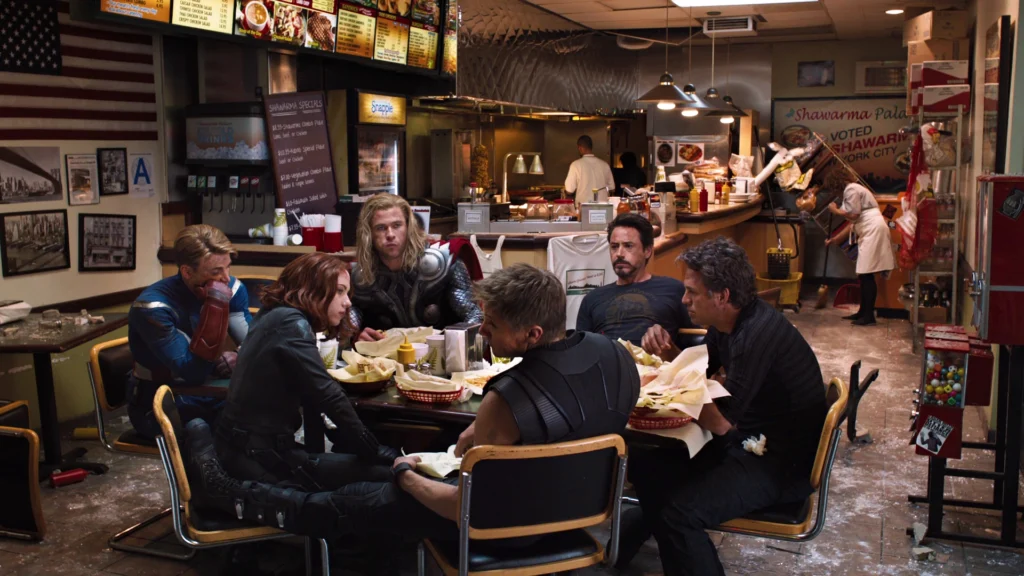You know those days in your career where everything that could go wrong does go wrong, but somehow you end up with your best success story? This is mine.
I was part of an event management team hired to handle the day-of operations for what we thought was going to be a massive wedding in Kerala. When I say massive, I mean we were expecting 8000 guests – already way beyond the 1000-2000 people weddings I usually work with. But this wasn’t just any wedding.
The family had planned something extraordinary: a grand entry with cartoon character mascots, vintage cars, and traditional music bands. The menu was insane – Kerala cuisine, wider Indian dishes, Asian food, Western options, the works. They’d flown in dancers from Russia, booked one of Kerala’s most prominent anchors to host, and here’s the kicker – they were also marrying off 5 couples who couldn’t afford weddings and building houses for 5 families in need. Plus musical performances by huge artists from Kerala and Tamil Nadu.
So yeah, this wasn’t your typical wedding. This was a festival.
We did everything right in the planning phase. Arrived way earlier than usual, mapped out every detail, prepped the workforce. I was handling talent management and hospitality, which meant I’d be juggling a lot of moving pieces. But honestly, nothing could have prepared us for what happened next.
The moment the music started, it was like someone had announced a free concert. People started pouring in from everywhere. The organized event we’d planned suddenly felt like we were trying to manage a small city.
The 3 Major Crisises
Crisis #1: The Food Situation About two hours in, I realized our catering wasn’t going to cut it. The current caterers had brought their full capacity, but it was disappearing fast. I had to think quick – started calling contacts, managed to find some additional caterers who could whip up meals on short notice. Even got some volunteers to help out in the kitchen area. The family’s main wish was that no one should leave hungry, so failure wasn’t an option.
Crisis #2: Security Nightmare With VIP guests and an increasingly excited crowd, security became a major concern. People were getting too close to the stage, and we couldn’t get professional security on such short notice. So what did we do? Me and a couple of team members basically became crowd control while simultaneously managing the constant stream of calls and coordination. Not ideal, but we made it work.
Crisis #3: The Highway Blockage This was the big one. The road got so packed that we ended up blocking a major highway – one that connects to a huge airport. Travelers trying to catch flights were stuck, and you can imagine how that went down. I’d never had to manage anything like this before, not even at smaller events. We scrambled to get our parking team to redirect traffic to alternate routes, but it was chaos.
The police eventually stepped in to handle the traffic situation. They weren’t exactly thrilled with us and made it clear we should have planned better. Fair enough – it was a learning experience about anticipating ripple effects.
The Reality Check
The wedding finally wrapped up at 1 AM. We didn’t sit down to eat until 1:30, sharing whatever backup food was left from the second caterers – barely enough after the day we’d had. The team was exhausted, some people were stressed to the point of needing smoke breaks, which created gaps in our operations.
But here’s the thing – when we finally sat around that table, our boss dropped the bombshell: 12,000 people had shown up. TWELVE THOUSAND. That’s 4,000 more than we’d planned for – a 50% increase in attendance.
And you know what? We pulled it off. Every single person who came got fed. The celebrities were safe (minus some normal paparazzi drama, but that’s everywhere). The families got their dream wedding, plus all the charitable acts they wanted to do. No major disasters, no one hurt, everyone taken care of.

What I learned
Sometimes the best measure of your skills isn’t how well you execute a perfect plan – it’s how you adapt when that plan goes completely out the window. Could we have anticipated some of these challenges? Absolutely. But when you’re managing what’s essentially a small festival disguised as a wedding, you learn to think on your feet, make decisions fast, and keep the main goal in sight.
Looking back, there are specific protocols I’d implement differently now – like having backup traffic management plans for highway-adjacent venues, establishing emergency catering partnerships in advance, and creating scalable security protocols that can expand rapidly. The experience taught me that in event management, you don’t just plan for the expected – you build systems that can flex when reality hits.
That night, I slept better than I had in months. There’s something deeply satisfying about knowing you faced something seemingly impossible and came out the other side with a success story. It’s the kind of day that reminds you why you chose this crazy, unpredictable, absolutely rewarding career in event management.
Would I do it again? In a heartbeat. Just maybe with a few more contingency plans next time.



